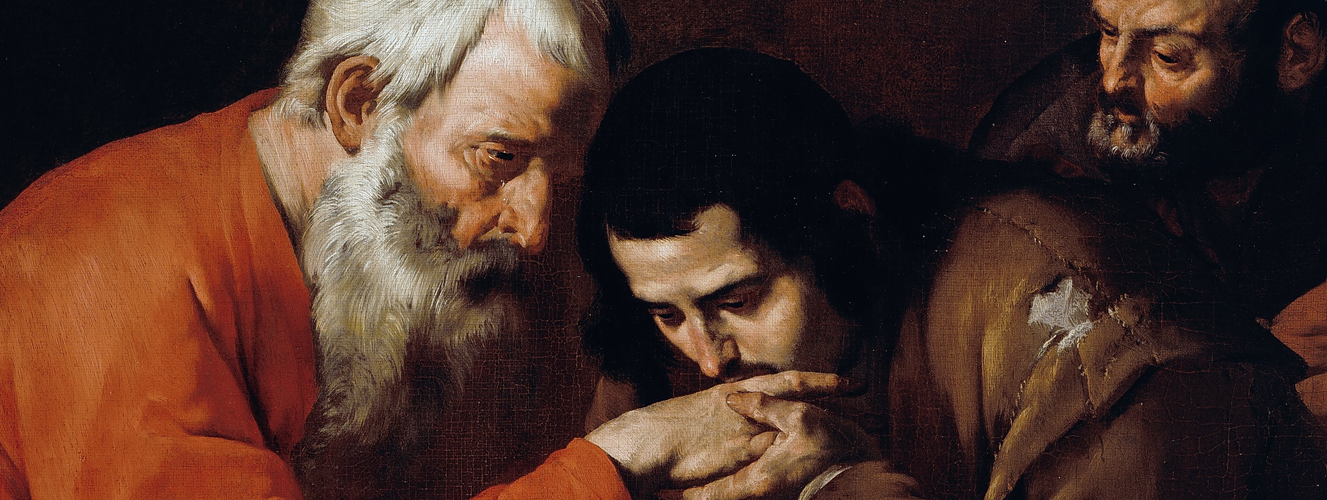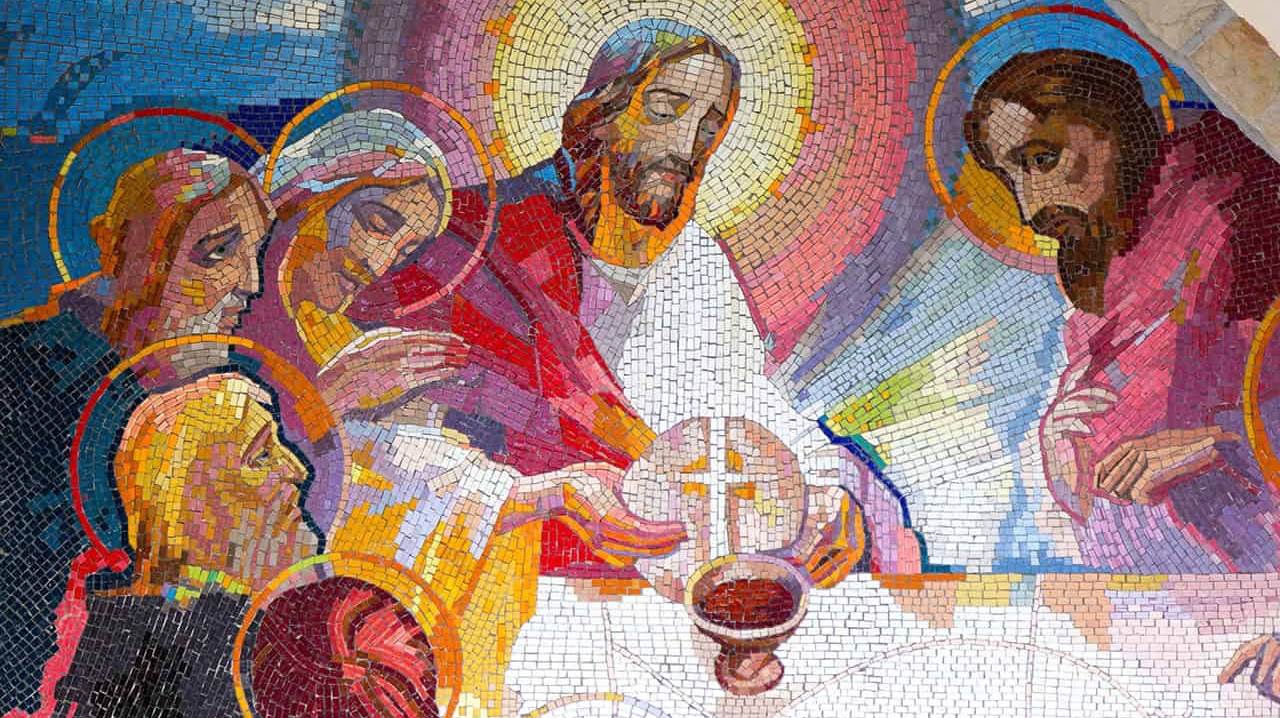In 1967, while traveling on an airplane, the Canadian singer-songwriter, Joni Mitchell, was deep into a novel entitled, Henderson the Rain King. Early on, the troubled and middle-aged Henderson was on a plane destined for Africa when he looked down and saw clouds. After reading that passage, Mitchell remembered putting down the book, looking out the window and also seeing— clouds. Having received an inspiration, she immediately began composing the song, Both Sides, Now.
The song employs a memorable verse to explore different aspects of life:
I’ve looked at… clouds, love, and life… from both sides now.
With clouds representing the superficial, love representing the complexities of relationships, and life representing our overall journey and experiences, the central idea of the song encourages us to recognize that there are always different sides to things and that we must look at them “from both sides now.”
In my own life, I am often drawn to a college retreat I attended that was led by Jesuit priests and a dear religious sister. At the beginning of the retreat, we reached into a basket, pulled a person’s name, and were asked to pray for and compose a short note that would be given them at the conclusion of our retreat. Our prayers were meant to be transformative and enlightening. On Sunday afternoon, we each received sealed envelopes with our prayer partner’s letter. Upon arriving home, I opened mine and found that it was penned by one of my Jesuit professors. These many years later, three sentences have resonated with me that I often return to.
“I’ve been praying for you throughout the retreat.”
Did you know that at this very moment, Jesus is praying for you and me? St. Paul, in his Letter to the Romans (8:31), proclaims: “What then shall we say to this? If God is for us, who can be against us?”
“The Lord has given you many talents.”
Indeed! Our gracious Lord has given each of us unique talents. And in the Parable of the Talents (Mt 25:14-30), Jesus encourages us to use these God-given talents wisely and productively for the good of others and the Kingdom of God.
“May God give you light and help in your important decisions; I know He will.”
His presence within us means that His light is always shining upon us! So, with His divine light shining upon us, 24/7, 365, walking in the light means seeing things the way God sees them and responding the way He does.
On this Fourth Sunday of Lent, I mention clouds and love and life because they encompass our humanity and, literally, make us who we are. To quote yet another famous song, when we fail to see the “times of our lives” through the lens of Jesus Christ, we miss the boat.
Entirely.
We see this in the Gospel passage (Luke 15:1-3, 11-32) of The Parable of the Prodigal Son. To undiscerning and untrained eyes, there is an overgenerous father, a faithful son, and another son who those of us who are mothers and fathers might say: “There is a word for him.”
For this young man, after squandering his father’s inheritance on a life of dissipation, he found himself in dire circumstances with no way out—except one. And so he lifted himself up, began to walk, and along the way, verbalized what he would say when he met his father, face to face.
Father, I have sinned against heaven and against you. I no longer deserve to be called your son; treat me as you would treat one of your hired workers.
As we heard, he experienced the reality that there are two sides to every coin, two sides to every event, and two sides to every person. For himself, he realized that despite what he had done, forgiveness and mercy were his—if he so desired. And for his faithful brother, perhaps his heart was transformed, as well. Maybe, just maybe, his nearness to what transpired helped to create in him a new heart (see Psalm 51:10-12) and an empathy for those in need of God’s love.
What about you and me? After having experienced our own tragedies, have we come to see things differently? Are we more empathetic, understanding, and loving? Do we see both sides now? Or, are we so set in our ways that we don’t even bother?
May we remember that God is with us, for us, and there to rejoice with us! And when times go south, that He is always there to pick us up. For, as the Apostle teaches, “We know that all things work for good for those who love God, who are called according to his purpose.” (Romans 8:28)
So, today, let this be our message; namely, that when we look at life from both sides now, may we come to realize that God is nearer than we think. In fact, He is right beside us and when we receive the Eucharist, right within us.
Do we need anything more?






























